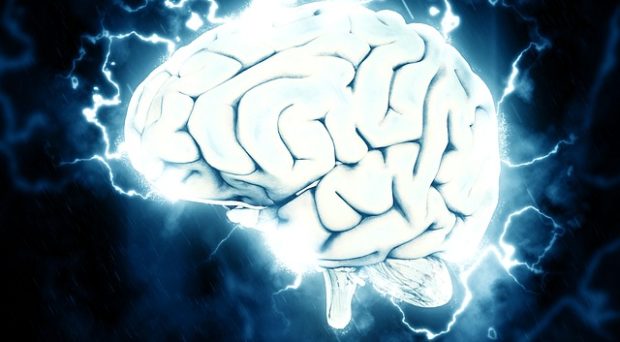
From the top
Brain injury is a serious problem, with almost 1,000 new admissions every day in the UK in 2013-2014. Traumatic Brain Injury (TBI) is where brain injury is caused by a trauma to the head, and these account for almost half of all brain injury admissions. Serious head injuries can lead to accumulation of fluid leading to a build-up of pressure inside the skull. For many patients, lifesaving surgery in which a flap of the skull is removed (decompressive craniectomy) to reduce pressure on the brain is the difference between recovery and irreversible damage. The PRECIS study, recently published in BMC Neurology is looking at streamlining the techniques used for this type of procedure, to definitively find which leads to better patient outcomes.
Is early mobilization after traumatic brain injury the way forward?
Whether a brain injury is traumatic or not, the old school has always recommended rest, rest and more rest. But is this really the best option? This Swiss study, also published in BMC Neurology looked at the effectiveness of whether gradual, early mobilization is a safe and effective way of rehabilitating patients and found that this may well be the way forward.
It’s not all in your head …
A TBI is like no other injury. Unlike a fracture or cut, trauma to the head doesn’t just mean pain in that area. Depending on the part of the brain that is damaged, it can affect any number of bodily systems. Even when the injury is seemingly mild – where confusion or unconsciousness lasts for less than 30 minutes – the consequences can be devastating for patients and their families.
Memory loss is a commonly reported cognitive symptom in people with TBI’s and can persist for many years, greatly reducing quality of life. The ReMemBrIn study, the protocol for which has been recently published in Trials, is exploring a group-based memory rehabilitation program for people with TBI. In addition, this study run from the University of East Anglia is exploring the effectiveness of working memory training for children who have survived a brain injury.
Even when the injury is seemingly mild the consequences can be devastating for patients and their families.
The world is full of stories about people getting a bump on the head and waking up with a new personality, but is there any truth in this? Well, aggression is one of the most common consequences of TBI, especially in severe cases, and so helping patients to keep calm is the focus of a large body of research. For example, the AFTER study run by Imperial College London is looking at whether risperidone – an anti-psychotic medication mainly used to treat schizophrenia, bipolar disorder, and irritability in people with autism – is effective at treating aggression in those with TBI.
It’s not just aggression that’s the problem though. Some TBI sufferers find that even simple social interactions can be a challenge. This study taking place in the Netherlands is looking at the effectiveness of a new program addressing different aspects of social cognition to see if it can lead to improved social functioning in patients with TBI.
Getting going again
The research doesn’t stop with movement and mood however. Around the world, many researchers are committed to helping TBI patients lead as normal a life as possible. The FRESH study is looking at the feasibility of a full-scale randomized controlled trial to help get TBI sufferer’s back into the workplace. The protocol, recently published in Pilot and Feasibility Studies, is the first feasibility randomized controlled trial looking at vocational rehabilitation in TBI patients, and we are eagerly awaiting the results!
Take home message
It’s a no brainer that for the whole journey, healthcare professionals are dedicated to helping make life for those with a brain injury that little bit easier. From improving chances of survival to helping people get back to normal, research into brain injury doesn’t show any signs of slowing down.
would be interested in any research for baby’s from age 3 months with none accidental acquired brain injury , if at all possible too possible help recovery in all areas., or too take part in research.